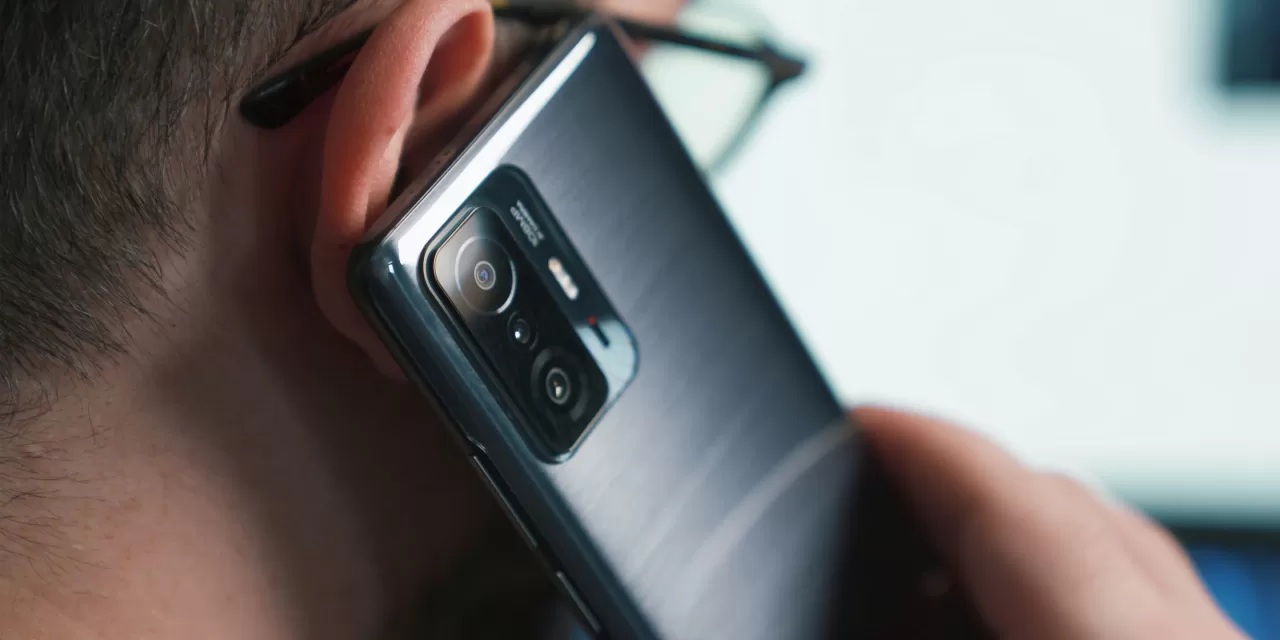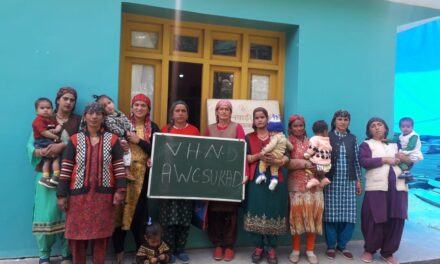Empathy-focused phone calls made by trained, nonmedical community members have led to significant improvements in blood sugar control for low-income adults with diabetes, a new study reveals. Published today in JAMA Network Open, the study, conducted by Dell Medical School at The University of Texas at Austin in partnership with Lone Star Circle of Care, suggests that this approach could offer a simple and cost-effective model for managing chronic conditions, especially for patients with limited access to traditional mental health services.
The six-month clinical trial involved 260 participants with uncontrolled diabetes. These patients were randomly divided into two groups: one receiving standard care and the other receiving standard care along with regular, empathy-based phone calls. The calls were made by community members trained to provide compassionate support, allowing participants to share their experiences and challenges related to living with diabetes.
Dr. Maninder “Mini” Kahlon, the study’s lead author and associate professor at Dell Med, emphasized the importance of acknowledging the everyday difficulties of managing diabetes. “By offering genuine, empathetic support, we had an impact on health that’s the clinical equivalent to taking medicine,” Kahlon said. “Emotional well-being is the gateway to the lifestyle changes that improve management of the condition—an area where traditional health care often falls short.”
Key Findings:
- Improved blood sugar control: Participants receiving empathy-based calls saw an average HbA1c reduction of 0.7%, compared to no significant change in the control group.
- Greater impact for patients with depressive symptoms: Those who reported mild depressive symptoms experienced even greater improvements, with an average HbA1c reduction of 1.1%.
- High satisfaction: Nearly all participants who received the calls rated them as very or extremely beneficial to their well-being.
The patients, all of whom were part of Lone Star Circle of Care, had the flexibility to choose the frequency and duration of their calls, ranging from one to five calls per week. This patient-driven approach allowed individuals to receive support at their own pace, fostering a stronger connection with their callers and reinforcing their self-care routines.
Jon Calvin, CEO of Lone Star Circle of Care, highlighted the potential of nonclinical staff to improve patient outcomes. “At a time when workforce shortages challenge health care delivery, this study underscores the profound clinical impact nonclinical staff can make,” he said. “By leveraging trained laypeople, we’re demonstrating that empathy, connection, and intentional engagement can lead to measurable health improvements.”
This research builds on earlier work by Kahlon and her team, which showed that consistent, authentic phone calls from non-healthcare professionals, dubbed “Sunshine Calls,” improved mental health outcomes, including loneliness, depression, and anxiety, among older adults.
Looking ahead, the researchers plan to explore the long-term effects of empathy-based support on diabetes management and broader mental health. They also aim to scale this model to offer holistic, empathetic support to a wider population in need.
For more information, visit JAMA Network Open or read the full study by Maninder K. Kahlon et al, “Glycemic Control With Layperson-Delivered Telephone Calls vs Usual Care for Patients With Diabetes” (2024). DOI: 10.1001/jamanetworkopen.2024.48809.











